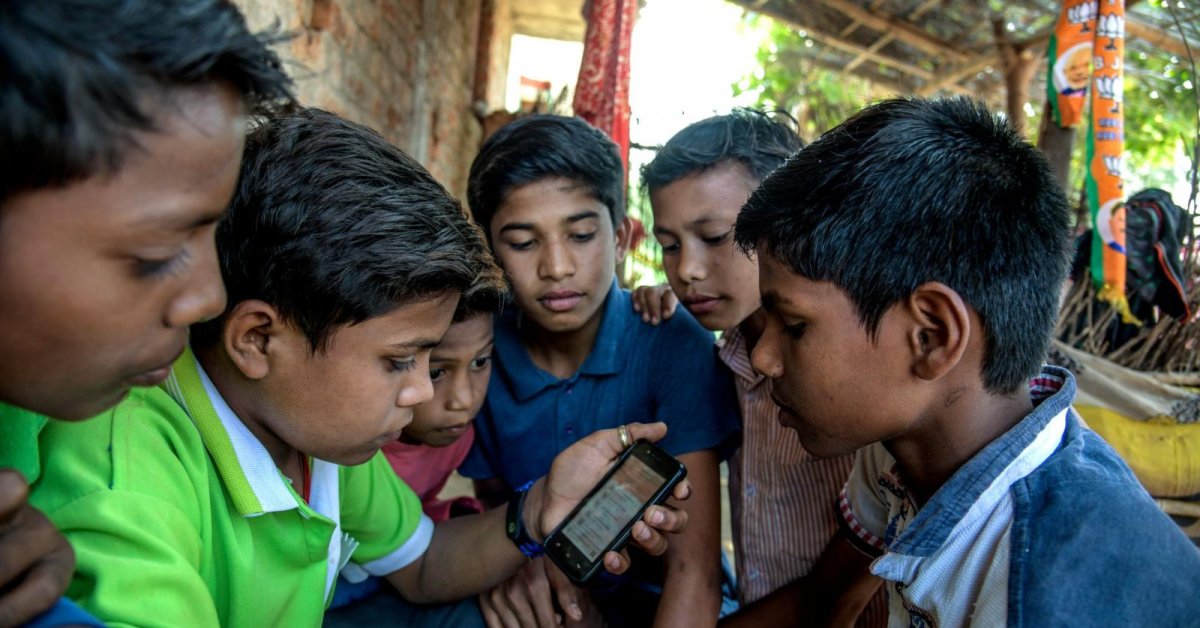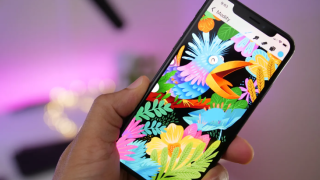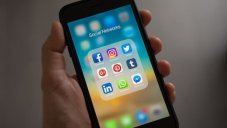A Jio Smartphone Costs Twice The Average Income In India, Billions Of People Still Can't Afford One
Dhir Acharya - Aug 07, 2020

While smartphones are becoming more popular and cheaper, billions of people still can't afford one because the cost is much higher than their incomes.
- POCO X2 vs POCO F2 Pro: Reasons Why POCO X2 Is A Better Choice
- Samsung Galaxy M12 Debuts In India With 90Hz Display & 48MP Quad Cam
- Realme C12 Review: Refreshing Design, Massive Battery, Decent Cameras
It’s 2020 and smartphones have become one of the most widely used electrical devices in the world. Smartphones are so useful and common that they are inseparable for many people. However, for billions of people across the globe, they are still too expensive to buy.
On Thursday, the Alliance for Affordable Internet, the Web Foundation of Tim Berners, published a survey that reveals 2.5 billion people are living in countries where the price of a smartphone is equal to at least 25% of their monthly income. In some countries, this percentage is even higher, preventing people from owning a smartphone and accessing the Internet.

For instance, in Sierra Leone, a smartphone costs the same amount as 6 months of their income. Meanwhile, in India with a population of 1.3 billion, the cheapest smartphone by Jio costs Rs 25,900 ($346) – more than twice the average monthly salary. Most people in Burundi have to pay Rs 4,194 ($56) for a smartphone, but this is already 2.2 times the average amount they make a month.
The survey was carried out in 70 low and middle-income countries, revealing the differences in the affordability of smartphones in different countries.
Apart from that, the survey found that smartphones are less affordable for women than they are for men. The reason is that women have less spending power and if they do have a smartphone, it’s likely less functional and older than those used by men.

One of the major goals of the Web Foundation is to get more people online. The internet can help improve employment, education, and allows people to access key services, which ultimately boosts economic growth. Since the outbreak of COVID-19, we have seen how crucial the internet is in keeping our lives going. Research director of Web Foundation Teddy Woodhouse said:
“COVID-19 has shown that to be without internet access can mean missing out on critical health advice, losing your livelihood and being cut off from your loved ones when physical distancing becomes the norm. The internet is a lifeline, and we need to do everything possible to remove the barriers that stand in the way of people getting online.”
There are several factors determining how many more people we can get online, such as improving internet accessibility and affordability for people regardless of their location and social, economic statuses. However, even if data packages get cheaper and cheaper, it’s no use if people can even have a device to access the internet.
>>> Best Camera Phone Under 15,000 You Can Get In India: January 2020
Featured Stories

Features - Jan 23, 2024
5 Apps Every Creative Artist Should Know About

Features - Jan 22, 2024
Bet365 India Review - Choosing the Right Platform for Online Betting

Features - Aug 15, 2023
Online Casinos as a Business Opportunity in India

Features - Aug 03, 2023
The Impact of Social Media on Online Sports Betting

Features - Jul 10, 2023
5 Most Richest Esports Players of All Time

Features - Jun 07, 2023
Is it safe to use a debit card for online gambling?

Features - May 20, 2023
Everything You Need to Know About the Wisconsin Car Bill of Sale

Features - Apr 27, 2023
How to Take Advantage of Guarantee Cashback in Online Bets

Features - Mar 08, 2023
White Label Solutions for Forex

Review - Jul 15, 2022
Comments
Sort by Newest | Popular